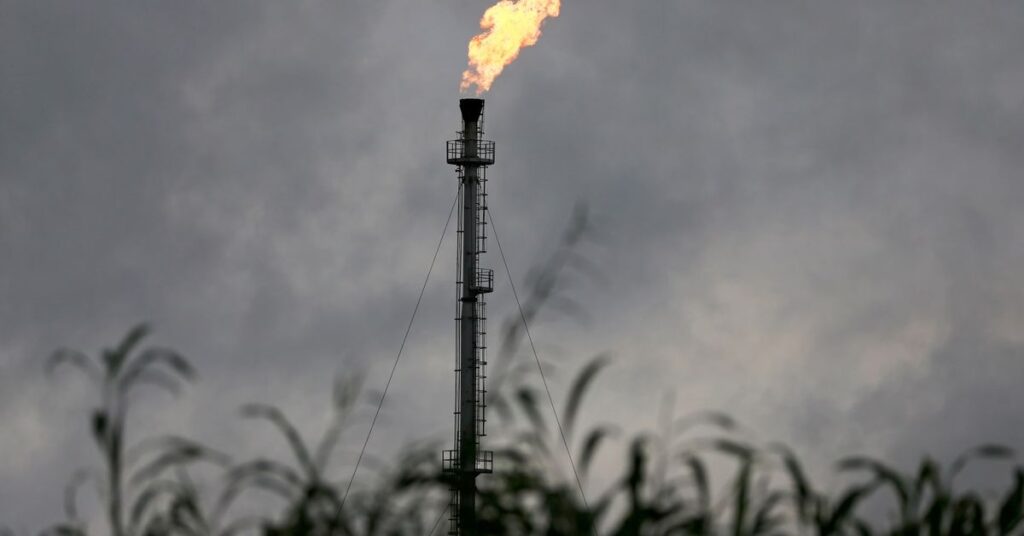
Nigeria will require applicants for oil licences and permits to show evidence of low carbon emissions and a renewable energy program from Wednesday before approvals are granted, the head of its upstream regulatory agency said on Tuesday.
Gbenga Komolafe, chief executive of the Nigerian Upstream Petroleum Regulatory Commission, said the policy was to comply with the country’s goal of net zero carbon emissions by 2060.
Stocks closed down Monday on the second-to-last trading day of 2024 – a year in which all three major indexes posted strong double-digit gains.
It issued a template, called the Upstream Petroleum Decarbonization Template (UPDT), to guide applicants.
Komolafe said enforcement will start from Jan. 1, 2025, and will cover all approvals in the upstream sector including divestments.
“By this, the commission is deepening its efforts to align the upstream petroleum industry with national priorities and international climate goals while ensuring sustainable value creation from oil and gas resources for Nigeria’s energy security and economic development,” Komolafe said.
The new requirement will also compel operators to implement methane management programs such as leak detection and repairs, optimize operations with energy-efficient technologies and integrate renewable energy sources into projects.








